Apple consistently beat the drum about data security at its Wonderlust event and it's a message that's worth emphasizing — keeping your data safe sometimes means keeping it out of the cloud altogether.
Apple certainly has a better track record than some companies when it comes to corporate data security. And, the company has emphasized many times over the years that it doesn't try to monetize your info in the same was as Google and other companies.
The risk is always there that someone, somewhere may get access to your personal information in the cloud.
Doubling-, tripling-, and perhaps even quadrupling-down on the concept of data security this week, Apple emphasized features in both the A17 Pro System on Chip (SoC) powering the iPhone 15 Pro and the S9 System in Package (SiP) powering the Apple Watch Series 9 that enhance personal data security by helping to keep more of your most intimate health information local, and out of the cloud altogether.
The key is the increased capability of the Neural Engine components of both these systems - the part of both systems that manages Machine Learning (ML) functions.
Keeping data on device
During the event, Deidre Caldbeck, Apple's Director, Apple Watch Product Marketing, gave an explanation of how the S9 chip works.
"Thanks to the powerful new Neural Engine, Siri requests are now processed on-device, making them faster and more secure," said Caldbeck. "This means that the most common requests, like 'Siri, start an outdoor walk workout,' no longer have to go to the cloud, so they can't be slowed down by a poor Wi-Fi or cellular connection."
What's more, Caldbeck explained that Siri health queries are processed on-device by the S9, eliminating roundtrip cloud data movement to record and view personal health data like sleep schedule, medication info, workout routines or menstrual period data.
Later on during the event, Sribalan Santhanam, Apple's VP, Silicon Engineering Group, echoed some of Caldbeck's comments to explain how the iPhone 15 Pro's A17 Pro chip worked.
"The Neural Engine uses machine learning on the device without sending your personal data to the cloud," said Santhanam. He couched his explanation with examples of convenience more than security, as the capability enables typing autocorrect functionality to work more accurately, or being able to mask subjects in photos from their background, or even to create a Personal Voice.
Regardless, the emphasis is the same. Both the new S9 and A17 Pro processors do more on-chip, to keep your data on the device instead of traveling to the cloud.
Inside Apple's Neural Engine
Apple introduced the Neural Engine with the A11 chip when it rolled out the iPhone 8 and iPhone X, and it's been a part of Apple Silicon ever since.
Apple assiduously avoids terms like "artificial intelligence" in its press releases and the scripts for its events, and it's easy to understand why — the term is politically loaded and intentionally vague. Not that "Neural Engine" is any less vague, as it implies if not AI, something parallel.
Ultimately, whatever you call the technology, it's all about making machine learning more efficient. Apple's Neural Engine is a cluster of compute cores known generally as Neural Processing Units (NPUs).
In the same way that Graphics Processing Units (GPUs) are specialized silicon designed to accelerate the display and processing of graphics information, NPUs speed the processing of Machine Learning (ML) algorithms and associated data. They're both distinct from the more generalized designs of CPUs, aimed at handling massive amounts of high parallelized data processing quickly and efficiently.
The iPhone 15 Pro's A17 Pro chip sports a Neural Engine with 16 cores, the same number of cores as the Neural Engine found in the M2 and M2 Max chips powering newer Mac models.
While the M2 neural engine can process 15.8 billion operations per second, Santhanam confirmed that the A17 Pro's is much faster.
"The Neural Engine is now up to twice as fast for machine learning models, allowing it to process up to 35 trillion operations per second," said Santhanam, describing the A17 Pro.
Edge computing, straight to the device
The global trend in cloud computing continues to emphasize development of edge networks which move data and compute capabilities out of monolithic data centers clustered in specific geographic areas, and closer to where the user needs the functionality.
By doing so, cloud computing services can deliver much faster performance and considerably lower latency (by reducing the round-trip time it takes for packets of data to travel). In fact, this functionality is absolutely vital to getting so-called "metaverse" — a word that Apple will also never say out loud — to work like its makers envision.
In some ways, Apple's development of ML capabilities in its own silicon reflect this emphasis on moving data closer to the user. As these Apple executives noted during the event, leaning on ML capabilities on the device provides both greater security and faster performance.
In that respect, the data privacy aspect of this almost seems like an afterthought. But it's really a central part of the message implied by Apple — your data is safer on our devices than others.
Ultimately this is a big win for any consumer who's worried about who might see their personal information along the way.
 Peter Cohen
Peter Cohen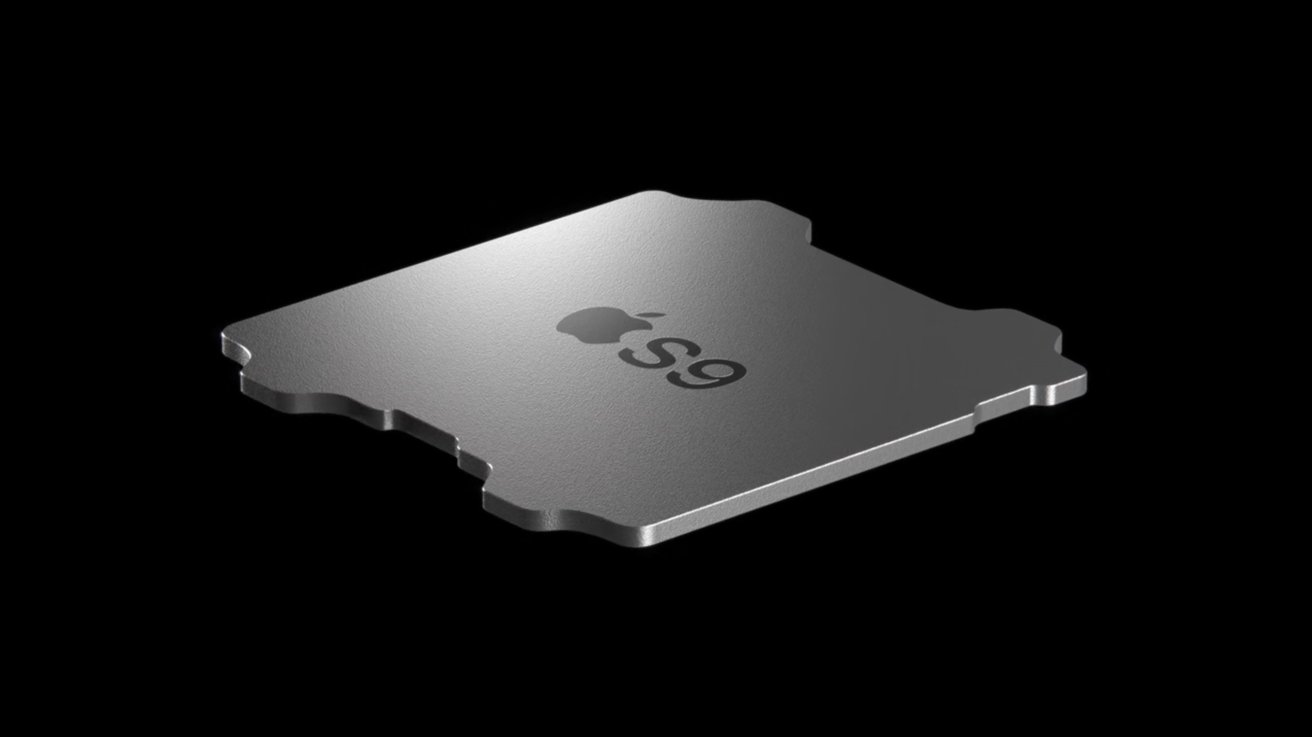
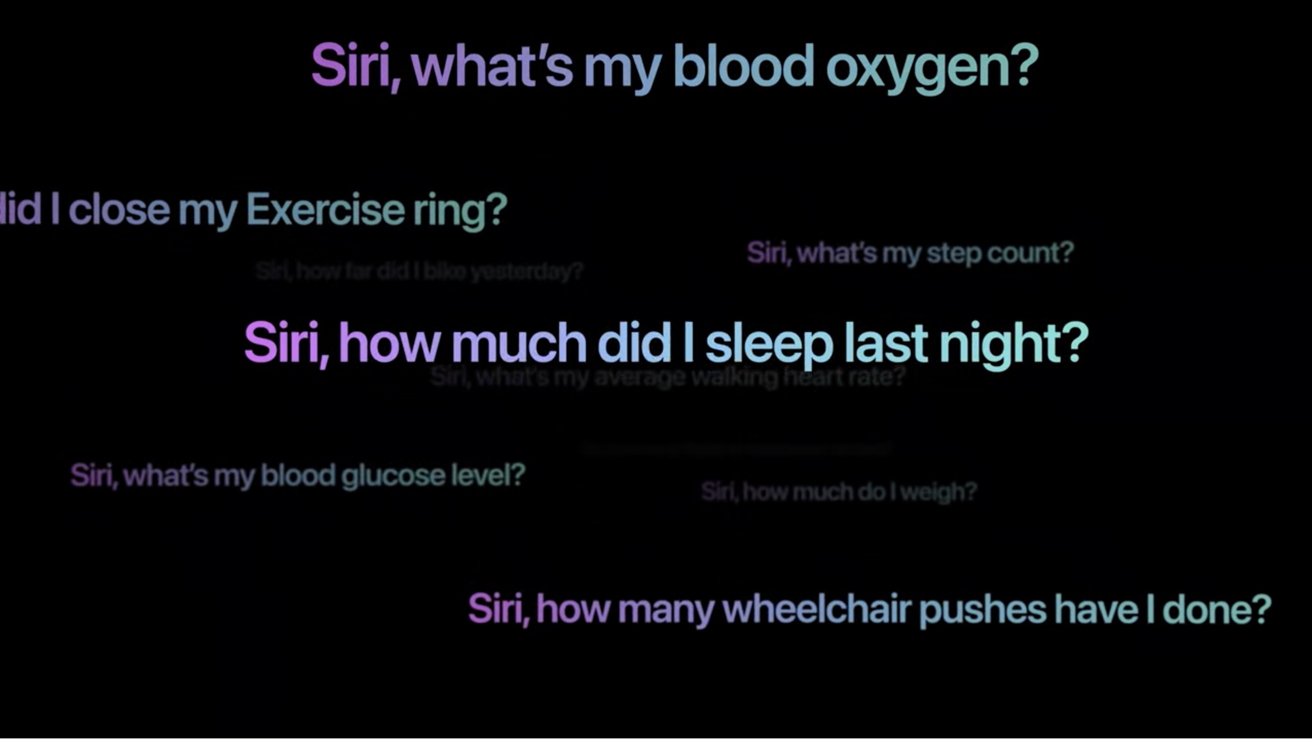
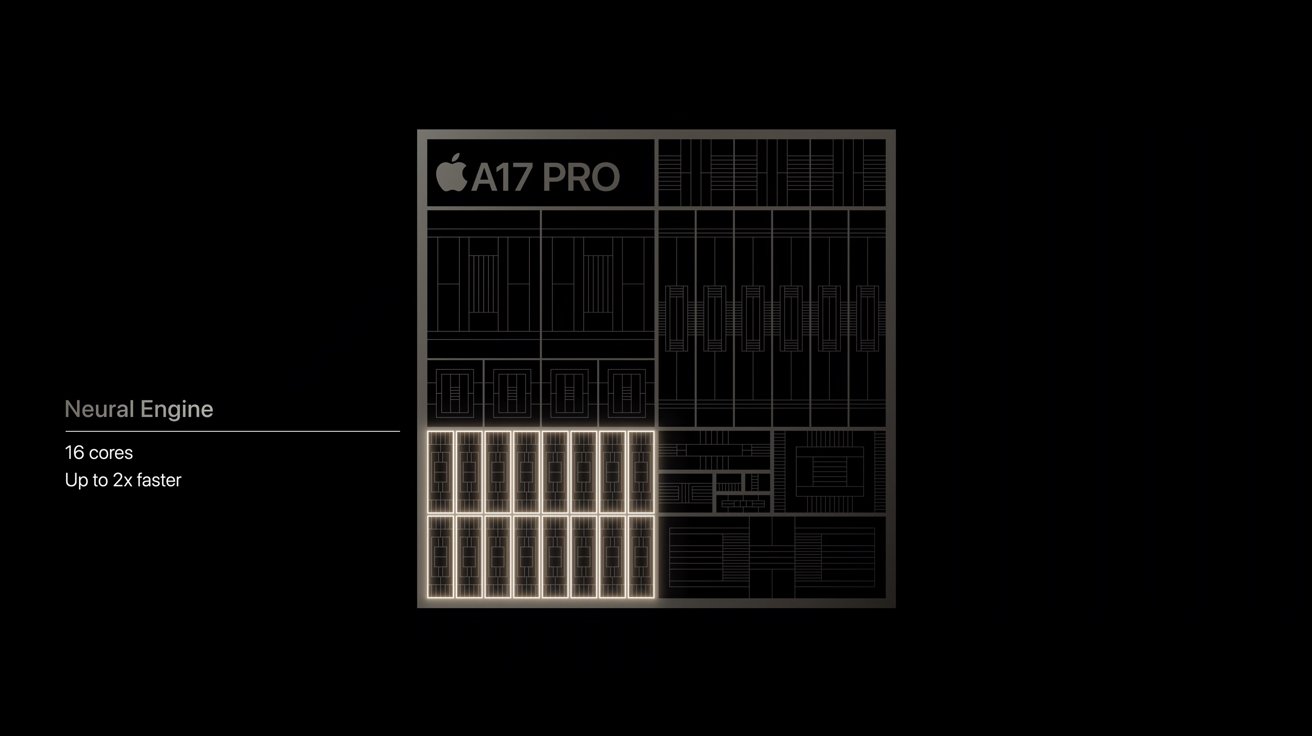

-m.jpg)





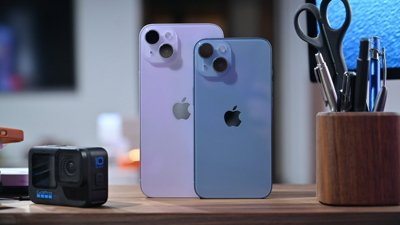
 Malcolm Owen
Malcolm Owen
 Christine McKee
Christine McKee
 Charles Martin
Charles Martin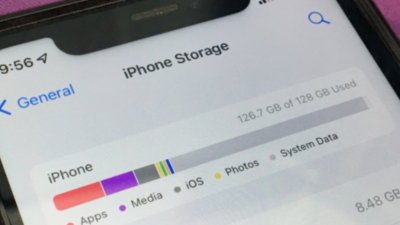

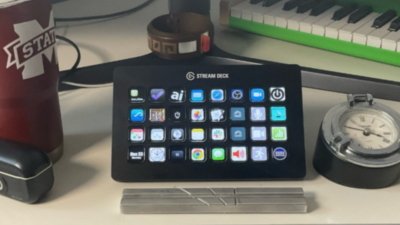
 William Gallagher
William Gallagher
 Amber Neely
Amber Neely
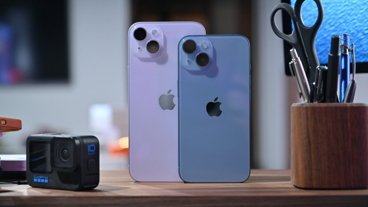

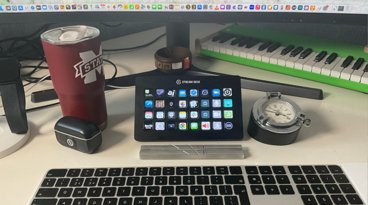







18 Comments
This is one of the most significant improvements with Siri. It might just be me, but I have noticed over the years that Siri takes longer responding to queries and the issue is not the internet connection, but what if it’s the internet providers slowing these down so that they don’t get a false positive mistaking them for a DOS attack? Plus, are these queries using a lot of encryption and what kind of hit does it take performance wise?
I have noticed that some of the new devices have thread capability, so does this mean future HomePods and Apple TVs will be able to function better with Homekit by using on-chip Siri on those devices?
This on device processing is also important for bad or no internet connection situations.
The use of cloud services (or really anything on the Internet) is an exercise in risk assessment.
The fact that the adjective "cloud" being used doesn't change anything. Hell, you could balance your checkbook on a standalone computer and still risk losing all of your records if the drive crashes, corrupts the data, and you have no backup.
Nothing new here from Apple, just reiterating what needs to be repeated occasionally to a new generation (or oldsters who have somehow forgotten how things were 10-20 years ago).
I would never store my passwords (or passkeys) in iCloud keychain – I am using Safe+ that allows password syncing using WiFi between my devices.